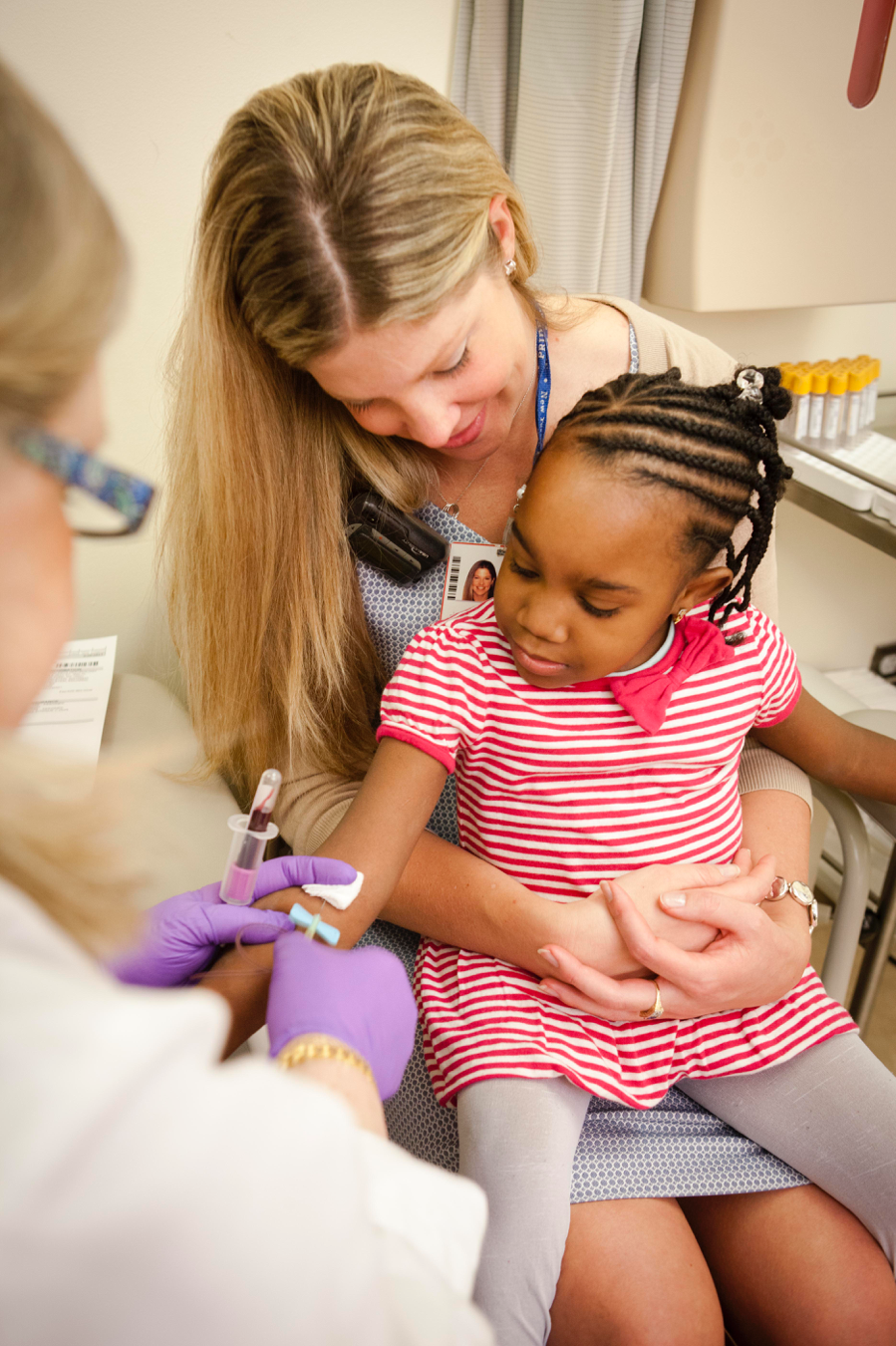For relevant information regarding accepted insurances, please contact this provider directly.
Relationships and collaborations with for-profit and not-for profit organizations are of vital importance to our faculty because these exchanges of scientific information foster innovation. As experts in their fields, WCM physicians and scientists are sought after by many organizations to consult and educate. WCM and its faculty make this information available to the public, thus creating a transparent environment.
No External Relationships Reported
For relevant information regarding accepted insurances, please contact this provider directly.
Relationships and collaborations with for-profit and not-for profit organizations are of vital importance to our faculty because these exchanges of scientific information foster innovation. As experts in their fields, WCM physicians and scientists are sought after by many organizations to consult and educate. WCM and its faculty make this information available to the public, thus creating a transparent environment.
No External Relationships Reported
What happens if my child’s kidney transplant fails?
If a kidney transplant fails, the patient will need to return to dialysis. It may be possible to receive another transplant, however, this depends on many factors such as number of previous transplants, levels of antibodies in the body, and whether the patient was adherent to their medication and follow-up schedule.
In some cases, the new transplant can be performed before the previous transplant fails completely (particularly if a living donor is available) in order to avoid dialysis.
What is my child’s long-term outlook after kidney transplantation?
Living with a transplant is a life-long process. Medications must be given to suppress the immune system so it will not attack the transplanted organ. Other medications must be given to prevent side effects of the anti-rejection medications, such as infection. Frequent visits to and contact with the transplant team are essential. Knowing the signs of organ rejection and watching for them on a daily basis are critical.
You and your child will be the best people to inform us if your child is not feeling well or if something important (such as your child’s daily urine output) has changed dramatically.
Unfortunately, kidney transplants do not last forever. This is particularly important for our young patients, who may require several transplants over the course of their lifetime. Taking the best possible care of your child’s transplanted organ is important to reduce the number of future transplants that may be needed.
What are the signs of rejection?
The following are some of the most common symptoms of rejection. However, each individual may experience symptoms differently. Symptoms may include:
• Decease in urine output
• Elevated blood creatinine level
• High blood pressure
• Fever
• Tenderness over the kidney
Your child’s transplant team will instruct you on whom to call immediately if any of these symptoms occur.
What is done to prevent rejection?
Medications must be given for the rest of the life of your child’s transplant kidney to fight rejection. Each person is individual, and the transplant team customizes your medication regimen to your child’s specific needs.
The anti-rejection medications most commonly used include:
Intravenous medications given in the hospital at the time of transplant:
• Rabbit anti-thymocyte globulin (Thymoglobulin) or
• Basiliximab (Simulect)
Oral medications taken for as long as transplant continues to function:
• Tacrolimus (Prograf or Advagraf or Envarsus XR) and
• Mycophenolate mofetil (CellCept)or mycophenolate sodium (myfortic)
Some patients may also receive one or more of the following medications, usually when they are at higher risk for rejection due to prior transplants, prior blood transfusions, and/or pregnancy:
• Prednisone
• Rituximab (Rituxan)
• Intravenous immune globulin (IVIG)
Usually, several anti-rejection medications are given initially. The doses of these medications may change frequently as your child’s response to them changes.
Because anti-rejection medications affect the immune system, people who receive a transplant will be at higher risk for infection. A balance must be maintained between preventing rejection and making your child susceptible to infection.
Blood tests to measure the amount of medication in the body are done at follow-up visits to make sure you do not get too much or too little of the medications.

This risk of infection may be higher in the first few months after transplant because higher doses of anti-rejection medications are given during this time. However, in the first few months after your child’s transplant, they will be given several medications to reduce the risk of certain types of infection.
What is rejection?
Rejection is a normal reaction of the body to a foreign object. When a new kidney is placed in a person's body, the body sees the transplanted organ as a threat and tries to attack it. The immune system makes antibodies to try to kill the new organ, not realizing that the transplanted kidney is beneficial.
To allow the organ to successfully live in a new body, medications must be given to suppress the immune system from attacking the organ for as long as the transplant continues to function.
If rejection does occur, it can be successfully treated in many cases, especially when caught early. This is why it is very important to take all medications as directed and follow-up with our transplant center as instructed.
Even if rejection does not cause the kidney to fail immediately, it can permanently damage the kidney and shorten its lifespan.